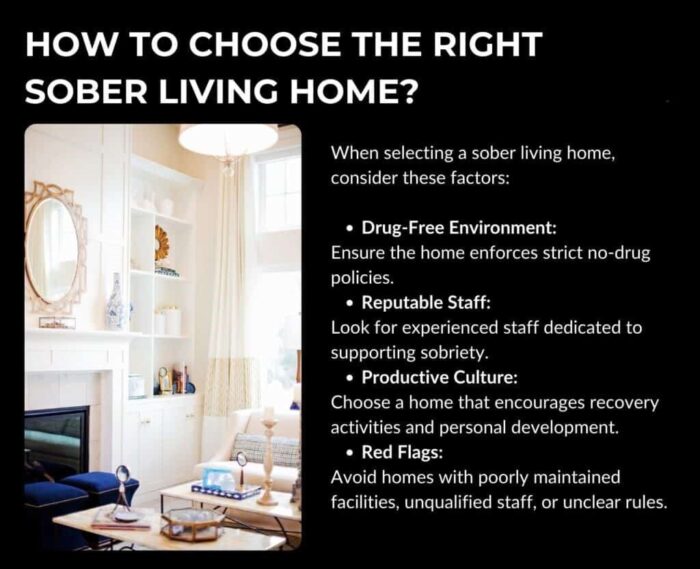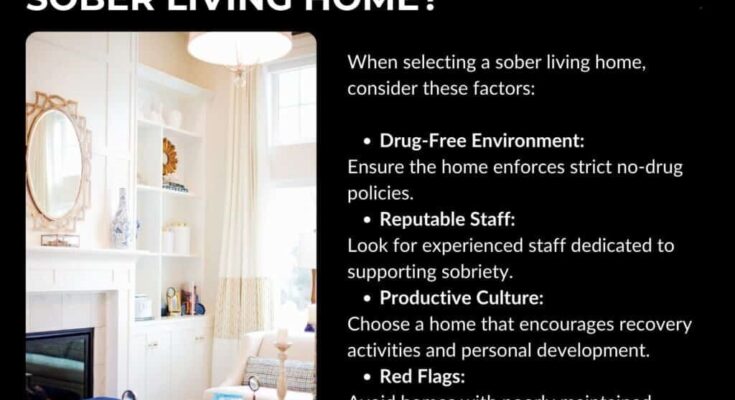Recovering from addiction is about constructing a solid, happy life, not only about giving up drugs. Although rehabilitation lays the first basis, many people discover difficulties when they go back into regular life. This is when sober living houses really become important. These homes provide structure, encouragement, and responsibility, therefore enabling people to keep on track on their path of recovery.

Content
Describe a Sober Living House
Designed for those in early recovery seeking a drug- and alcohol-free surroundings, a sober living house is Unlike inpatient rehab, sober living homes give structure, peer support, and a stable living environment rather than medical treatment. Residents have house rules to follow, show up for meetings, and help the community.
These houses provide the required assistance to prevent relapse and foster a healthy lifestyle, therefore acting as a transitional between therapy and independent life.
The Benefits of Sober Living
1. Preserving an Environment Free of Substances
Avoiding past triggers presents one of the toughest obstacles in rehabilitation. Sober living houses therefore remove easy access to drugs and alcohol, thereby lowering the possibility of relapse. A safe and orderly surroundings let people concentrate on their healing free from interruptions.
2. Establishing Good Habits
Early rehabilitation depends on structure. Sober living houses thus enforce guidelines including curfews, frequent visits, and required meetings. These exercises enable people to acquire good habits supporting long-term sobriety.
3. Creating a Safety Network Although recovery might feel solitary, living with people who have the same objective builds a strong support network. Sober living houses foster peer support so that occupants may interact, exchange stories, and inspire one other.
4. Improving Responsibility
Maintaining sober depends mostly on one being held responsible. Regular drug testing, housework, and mandated attendance guarantees people remain dedicated to their road of recovery.
5. Learning Crucial Life Skills
Sober living houses may therefore help with job placement, education, and money management. After they leave the program, learning these skills helps members create a solid, autonomous existence.
Is Living Sober Right for You?
For those who: Then sober living is perfect:
• Finished treatment but require further help.
• Do not live in a steady, sober house.
• Want to deepen their basis of recovery.
• To stop relapse, you need organization and responsibility.
Conclusion
Maintaining long-term recovery depends on people first learning sober living. These houses give the tools needed for a good transition into independent living by being orderly and encouraging. RD Sober Living can assist whether your recovery from addiction is under way or you are helping a loved one on their path. Get in touch right now to find out more about our initiatives and how we could help your route to recovery.

Anna Leake is a health blogger that focuses on topics related to nutrition, fitness, and mental health. She was born in New York City but at age 6 moved to the Midwest where she spent her childhood exploring nature with friends and family. Anna graduated from University of Michigan-Ann Arbor with degrees in psychology & human development.












